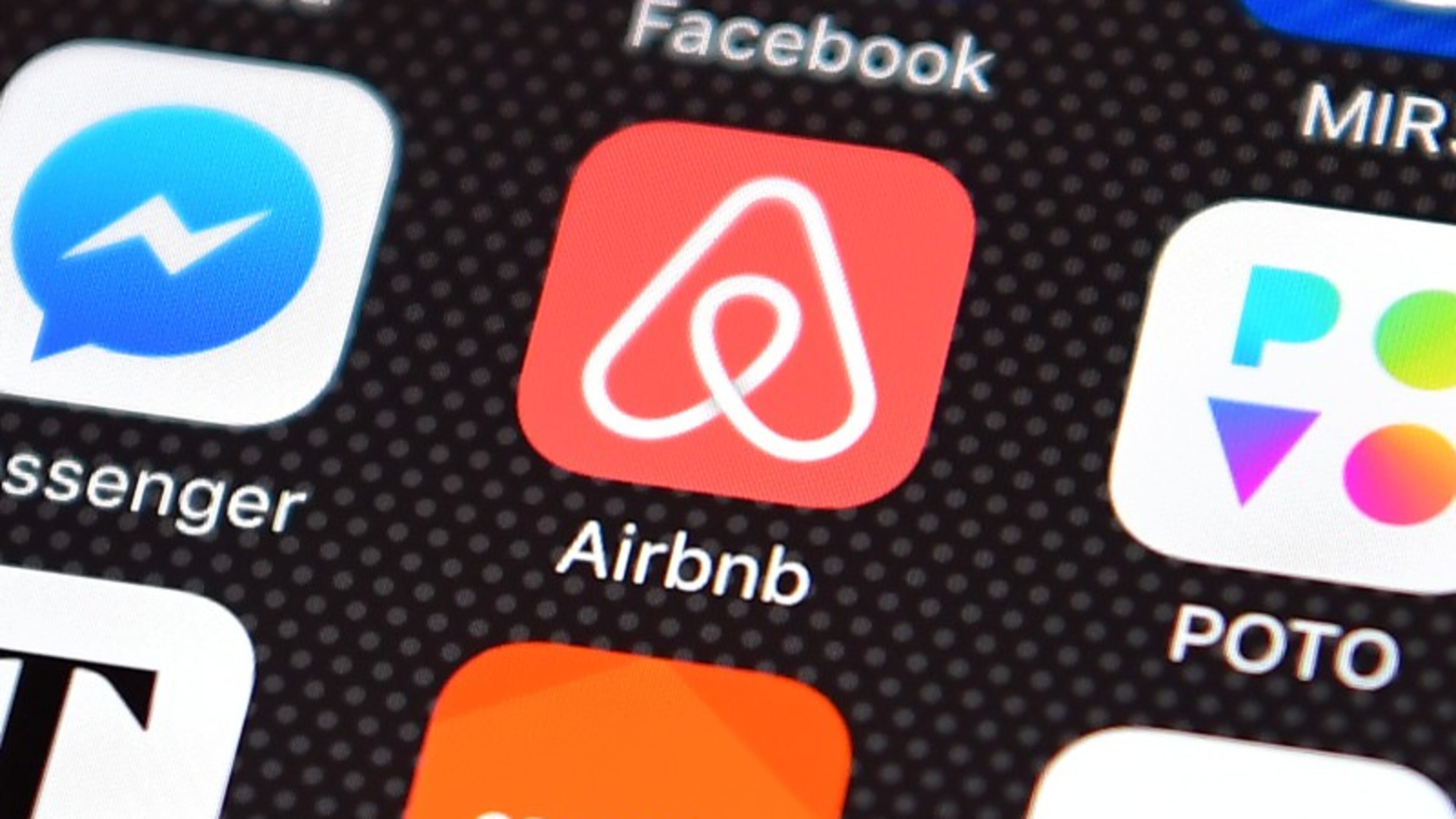Study suggests Airbnb hosts in black neighborhoods are mostly white

A controversial new survey on Airbnb rentals in New York City suggests the short-term rental start up is creating some racial and economic disparities in predominantly black communities.
Airbnb has tried to position itself as an economic equalizer that allows middle class residents to make money by renting their properties short-term, but a new study from an Airbnb watchdog suggests that money earned in predominantly black neighborhoods goes to white hosts who are new to the neighborhood.
"Black neighborhoods with the most Airbnb use are racially gentrifying, and the (often illegal) economic benefits of Airbnb accrue disproportionately to new, white residents and white speculators," wrote Murray Cox in an unpublished draft summary of the study provided to and reported by The Real Deal .
The study, conducted by Inside Airbnb, determined the race of hosts by using facial recognition software and calculated all-time revenue for their listings. In 72 predominantly black neighborhoods, whites are 13.9 percent of the overall population but account for 74 percent of the Airbnb host population, said the summary.
The hosts identified in the study as white, earned a total $159.7 million – or 73.7 percent of the income earned in the neighborhoods -- versus $48.3 million earned by the hosts identified as black. In percentage terms it means that white Airbnb hosts took 530% of the economic value that Airbnb brought to predominantly black neighborhoods.
Airbnb responded to The Real Deal, calling the survey racially biased.
“This so-called report is nothing more than selective racial profiling, which is not surprising for a hotel-front group with a history of supporting a law that is harmful to underrepresented minorities and communities of color,” said an Airbnb spokesperson in an emailed statement to The Real Deal.
The spokesperson also suggested that the method of identifying the race of hosts is questionable since Airbnb does not gather demographic data on users. However, the site does require a profile picture, which means site users are making the same unqualified judgements about race as the survey.
Further, black Airbnb hosts had a greater price penalty for having a poor location score than non black hosts. It follows then, that a white host in a neighborhood that is predominantly black (and possibly perceived as a worse location) is going to command more dollars for a rental than a black host as well as have a greater likelihood of finding a potential guest.
Both studies focused on New York City -- the metro area that has the most Airbnb rentals and therefore, the most data -- and it is unclear how similar patterns may play out in other metro areas.
Last year, the company hired former U.S. Attorney General Eric Holder to help them battle charges of discrimination. In September, Holder said the company has developed new tools to prevent discrimination on the site and even has a team of engineers whose full-time job is to find any instances of bias.


